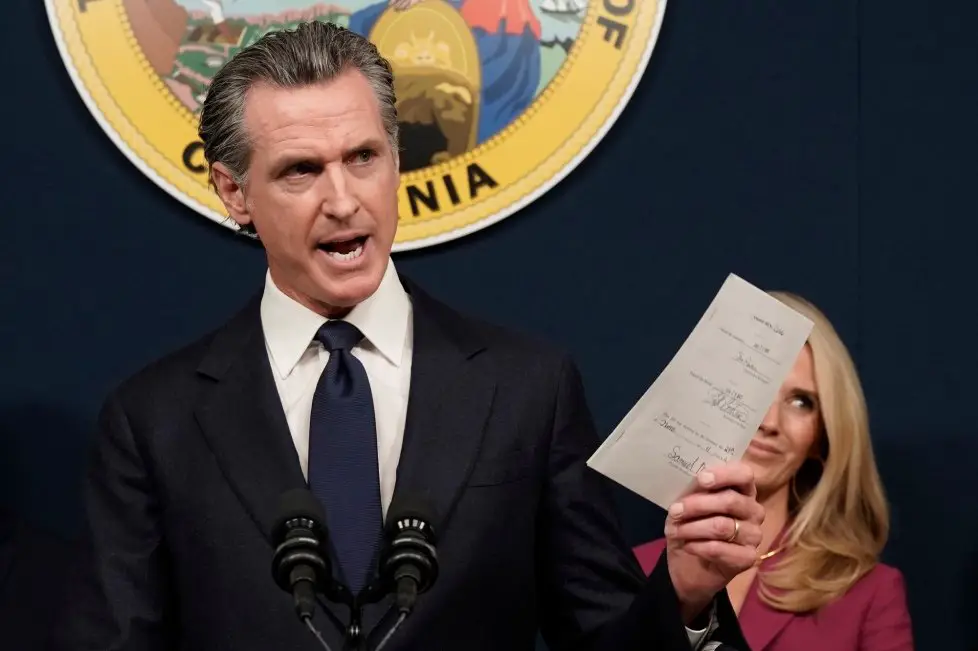
Your children have the freedom to learn and you have the freedom to access those books, Governor Gavin Newsom told Temecula school district parents in a video shared on social media. (Ricco Pedroncelli, The Associated Press)
California’s extraordinarily high cost of living has permeated every industry, and healthcare is no exception. Healthcare spending in California was even 405 billion dollars in 2020, growing faster on an average annual basis than health care spending in the United States as a whole.
Almost 40% of Americans they have delayed going to the doctor and getting the care they need because of the cost. This is unacceptable. Even worse, when Californians try to save on health care costs, our state taxes them for it.
Many Americans open Health Savings Accounts (HSAs) to save on current and future health care costs, including medical, dental, vision, and prescription bills. Nationwide, there are over 35 million HSA accounts, and the United States is projected to reach 43 million accounts by 2025. Over half of people with an HSA live in zip codes where the median income is less than $75,000 a year. In California, more than 5 million people, including dependents, are covered by an HSA. Families and individuals appreciate that HSAs allow them to decide how and when to spend their medical bills and give employers the ability to help pay for deductibles, co-payments and coinsurance.
For most of the country, HSAs are tax exempt and are not subject to federal income tax. However, California taxes HSA contributions and taxes employers who contribute their employees HSA. Workers who save money in these accounts to reduce monthly premiums or pay medical bills out of pocket, and employers who decide to contribute an employee’s HSA are taxed for trying to cover these necessary health care costs.
Here’s an example: Angela is a California employee who is enrolled in family coverage through her consumer-directed health plan. She contributes $3,000 to her HSA through her payroll and her employer contributes $1,000 to her HSA. For federal income tax purposes, Angela’s and her employer’s HSA contributions are pre-tax and tax-free. In California, Angelas HSA contributions are reported as taxable income, increasing her state taxes, and her employer’s contributions to her HSA are treated as after-tax contributions.
This is a direct attack on low- and middle-income families by a state that intends to tax its hardworking citizens any way it can. So unusual is this tax on health care savings that, outside of California, only New Jersey punishes families who rely on HSAs in this way.
#Michelle #Steel #unnecessary #harmful #taxation #Californian #health #savings
Image Source : www.ocregister.com